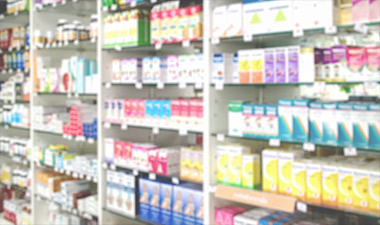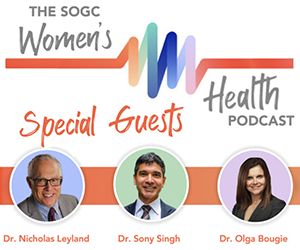Medication and drugs while breastfeeding
Can I breastfeed while I’m on medication?
Most medications that a breastfeeding person might be prescribed are compatible with breastfeeding, in fact the American Academy of Pediatrics states that “most maternal drugs do not pose a serious risk to the breastfed baby”. However, there are some medications which are not suitable for breastfeeding; if you are taking a prescribed medication and planning to breastfeed please check with your health care provider to make sure it is considered safe for breastfeeding. There are often alternatives available which could be prescribed in the place of a medication which is not considered suitable for breastfeeding.
If you required a drug in pregnancy to control a medical problem (e.g., diabetes, high blood pressure), you will likely still be taking that medication in the postpartum period. Tell your health care provider if you are planning to breastfeed and never discontinue a medication without first consulting with your doctor or midwife.
Your decision to breastfeeding your baby should be supported by your care team; in most cases it is safe to continue to take your medication and to breastfeed your baby. Online databases like E-Lactancia, and Drugs in Breastmilk are great resources for checking the compatibility of both prescribed and over the counter medications and substances with lactation. See our resources section here for more websites that you and your care provider can use to assess the suitability of individual substances during lactation.
Will taking medications affect my milk production?
Some medications may affect milk production. If you are breastfeeding and being prescribed a new medication, tell your care provider that you are breastfeeding, in case an alternative should be used instead. Check an online database like E-Lactancia or Drugs in Breastmilk to see the potential effect of a substance on your milk production, and discuss possible alternatives with your care provider in the rare cases where a medication may have an undesirable effect.
What about alcohol, caffeine, smoking, and street drugs?
- Alcohol: Alcohol freely distributes into breastmilk and will be ingested by nursing infants. While low-level, occasional alcohol consumption is not likely to pose a problem to the infant, heavy alcohol consumption or binge drinking should be avoided. Side effects reported in infants include sedation and impairment of motor skills.
- Caffeine: Consumption of caffeine in moderate amounts (one or two cups of coffee per day) is not likely to be harmful to your nursing infant.
- Cigarette smoking: Smoking is not recommended during lactation. It is important to understand that nicotine and its by-products can be found in breastmilk and passed to baby. Some studies suggest that smoking while breastfeeding may be linked to infant colic and a decrease in prolactin levels, which can lead to earlier weaning. If you choose to smoke, taking steps to reduce your baby’s exposure to second-hand smoke is recommended to minimize potential risks. Vaping is also unsafe during lactation, as the nicotine will still be found in breastmilk.
- Cannabis: There is little information available about cannabis use while breastfeeding. THC, the main active ingredient in cannabis that makes it intoxicating, can be found in breastmilk. Its concentration, or strength, in breastmilk depends on whether the mother is smoking, inhaling, or eating cannabis, and how often. While research still doesn’t give us all the answers about the effects of cannabis, for now, the only safe amount of cannabis to use while breastfeeding is zero.
- Opioids: Breastfeeding mothers using prescription opioids or in treatment for opioid use, should be able to safely breastfeed, but there may be exceptions for medical reasons. To be cautious, women using opioids should speak with their health care provider about their breastfeeding options.
- Street drugs: Street drugs can be very potent, so even very small amounts can be very dangerous for an infant. It is suggested that breastfeeding be temporarily delayed immediately after maternal use of these products and caution should be used to make sure your baby doesn’t breathe smoke fumes.


